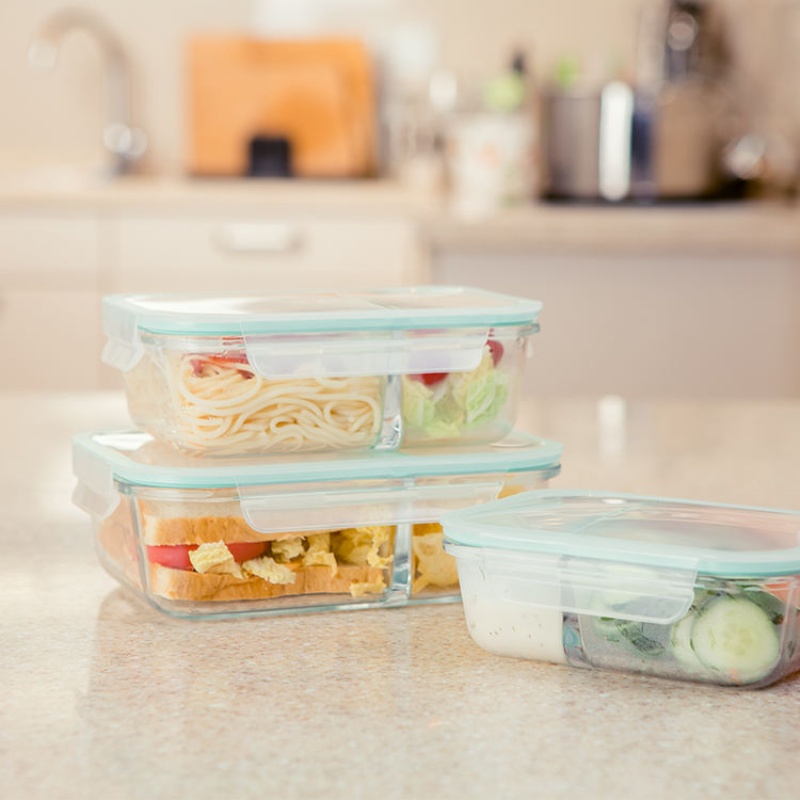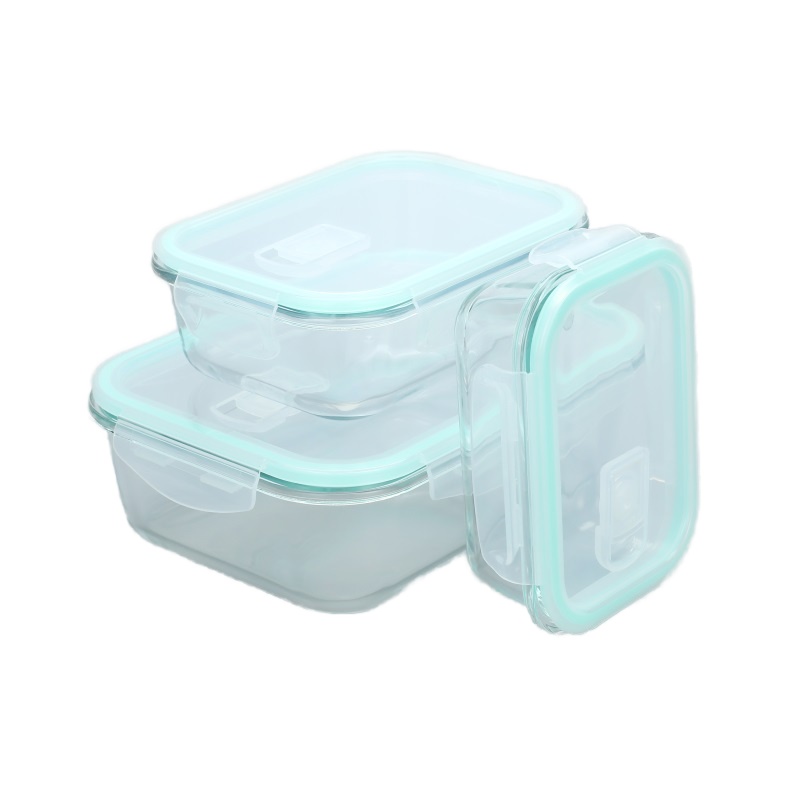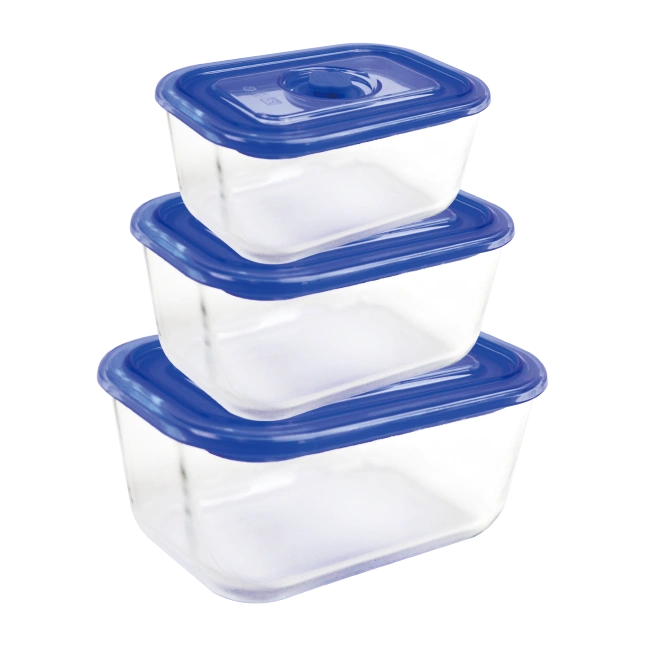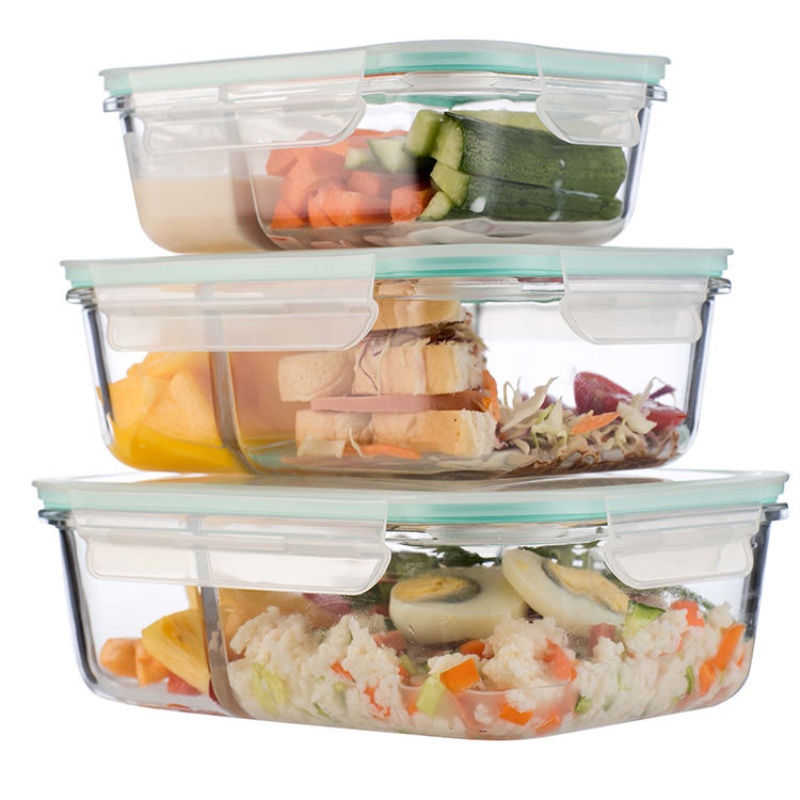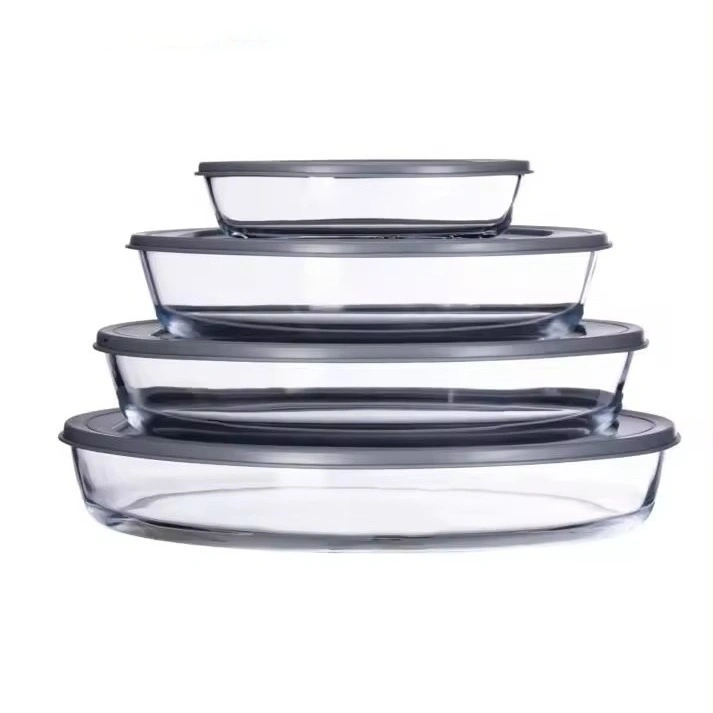Why is Borosilicate Glassware So Expensive?
Table of Contents

Paul Ren
Hello! I’m Paul, the Senior Sales of Canzo Glassware. With 18 years of experience in the glassware industry, I’m excited to share some insights from our perspective as a China glassware manufacturer. Today, we’re diving into a common question: Why is borosilicate glassware so expensive?
Borosilicate glassware, recognized for its exceptional durability and resistance to thermal shock, has gained significant popularity. Whether it’s for kitchen use, art, or collectibles, borosilicate glass has carved a niche for itself. However, many people wonder why this type of glassware comes with a higher price tag compared to more common materials like soda-lime glass. In this article, we’ll explore the reasons behind the cost, highlighting the unique characteristics of borosilicate glass, the process of creating it, and why it’s ultimately worth the investment.
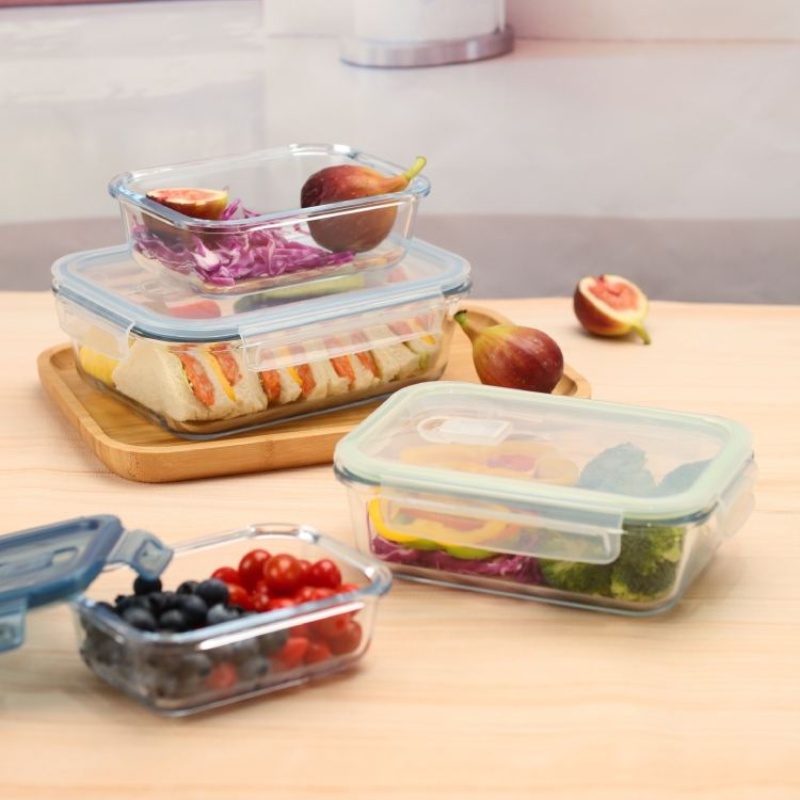
The Raw Materials Drive Up the Cost
One of the primary reasons borosilicate glassware is more expensive than regular soda-lime glass lies in the raw materials. Borosilicate glass contains boron, an element that helps give the glass its unique properties, including thermal resistance. Boron is more expensive than the materials used in soda-lime glass, contributing to the higher production costs. Moreover, borosilicate glass requires high-quality silica, further increasing the expense compared to more common glass options.
The Energy-Intensive Production Process
The production process for borosilicate glass is more energy-intensive than for other types of glass, which also adds to the price. Borosilicate glass has a higher melting point, which means it requires more energy to produce and mold into various forms, whether it’s glass food storage containers, bakeware, glass jar or glass coffee mug. This additional energy consumption, along with the need for specialized equipment, results in increased manufacturing costs that are passed on to consumers.
Superior Thermal and Chemical Resistance
Borosilicate glass’s standout feature is its resistance to thermal shock, meaning it can endure rapid temperature changes without cracking or shattering. This makes it ideal for applications like bakeware and food storage containers that may go from the oven to the refrigerator without any issues. Its resistance to chemical corrosion is another benefit, particularly for laboratory glassware and high-quality glassware used in homes. These specialized properties make borosilicate glass highly sought after, but also more expensive due to the complex manufacturing requirements.
Durability and Longevity
When you invest in borosilicate glass, you’re paying for durability and longevity. Unlike soda-lime glass, which is more prone to breaking or wearing down over time, borosilicate glass is built to last. This makes it an ideal choice for products that need to withstand frequent use, such as glass jars, coffee mugs, and storage containers. In the long run, the higher upfront cost is offset by the product’s durability, reducing the need for frequent replacements.
Artistic and Specialized Use
Borosilicate glass is not just limited to everyday kitchen items; it’s also a favorite material for artists and specialized industries. The glass’s unique properties allow for more intricate and complex designs, whether in glassblowing or in creating scientific instruments. These specialized uses also contribute to the higher cost of borosilicate glassware, as the skill and craftsmanship involved in shaping the material are labor-intensive and require expert precision.
Conclusion
Borosilicate glassware may come with a higher price tag, but the reasons behind it are clear. From the expensive raw materials and energy-intensive production process to its superior durability and specialized uses, the investment in borosilicate glassware is justified. Whether you’re purchasing glass food storage containers, bakeware, or a beautifully crafted piece of art, borosilicate glass offers longevity, performance, and aesthetic appeal that make it worth every penny.
Newest Blog
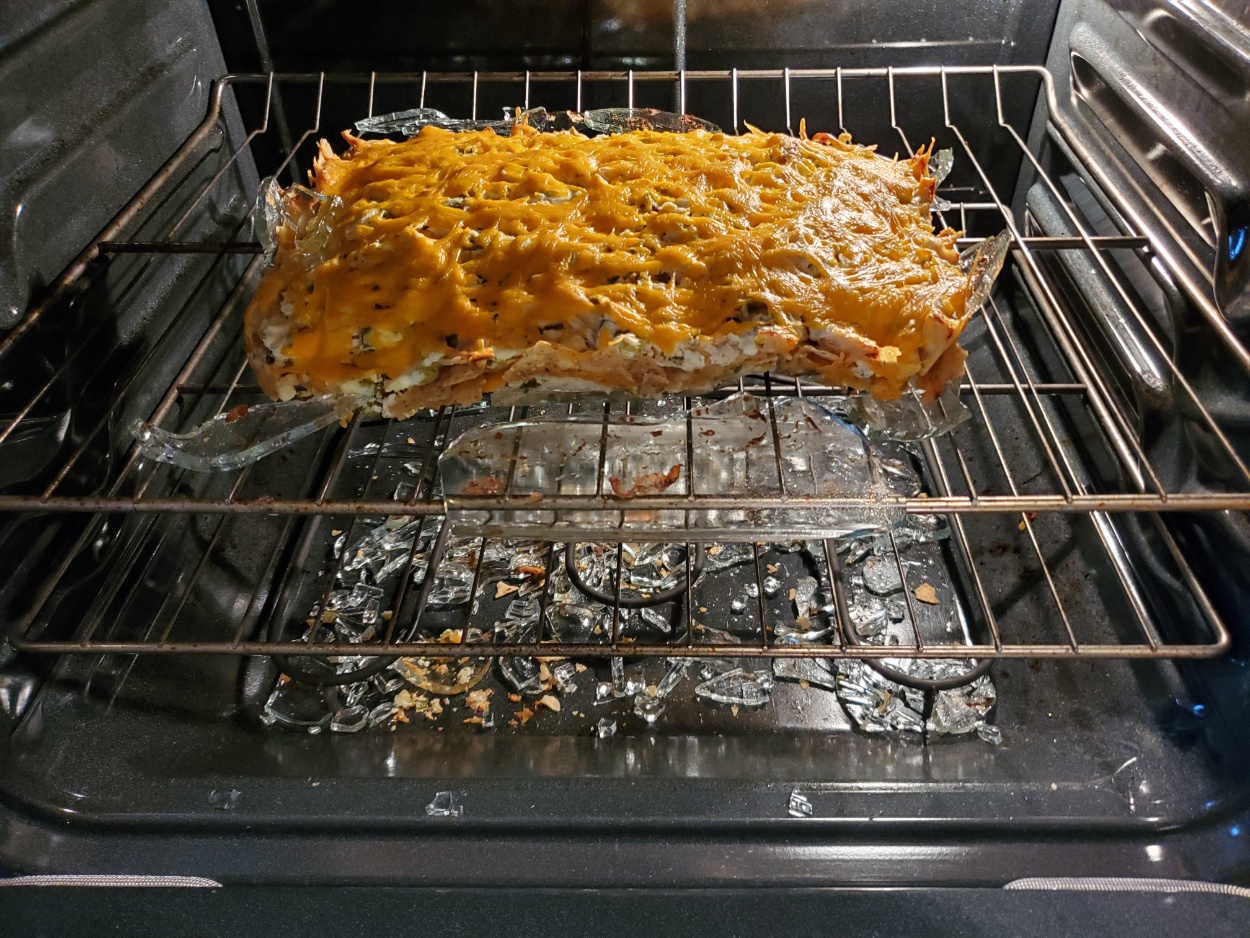
Is Glass Safe In The Oven?
Whether you’re a home cook or a business owner sourcing from a glass lunch box factory, understanding the nuances of oven-safe glass is crucial. We’ll explore the world of durable and reliable custom glass food container options, ensuring you make informed decisions.
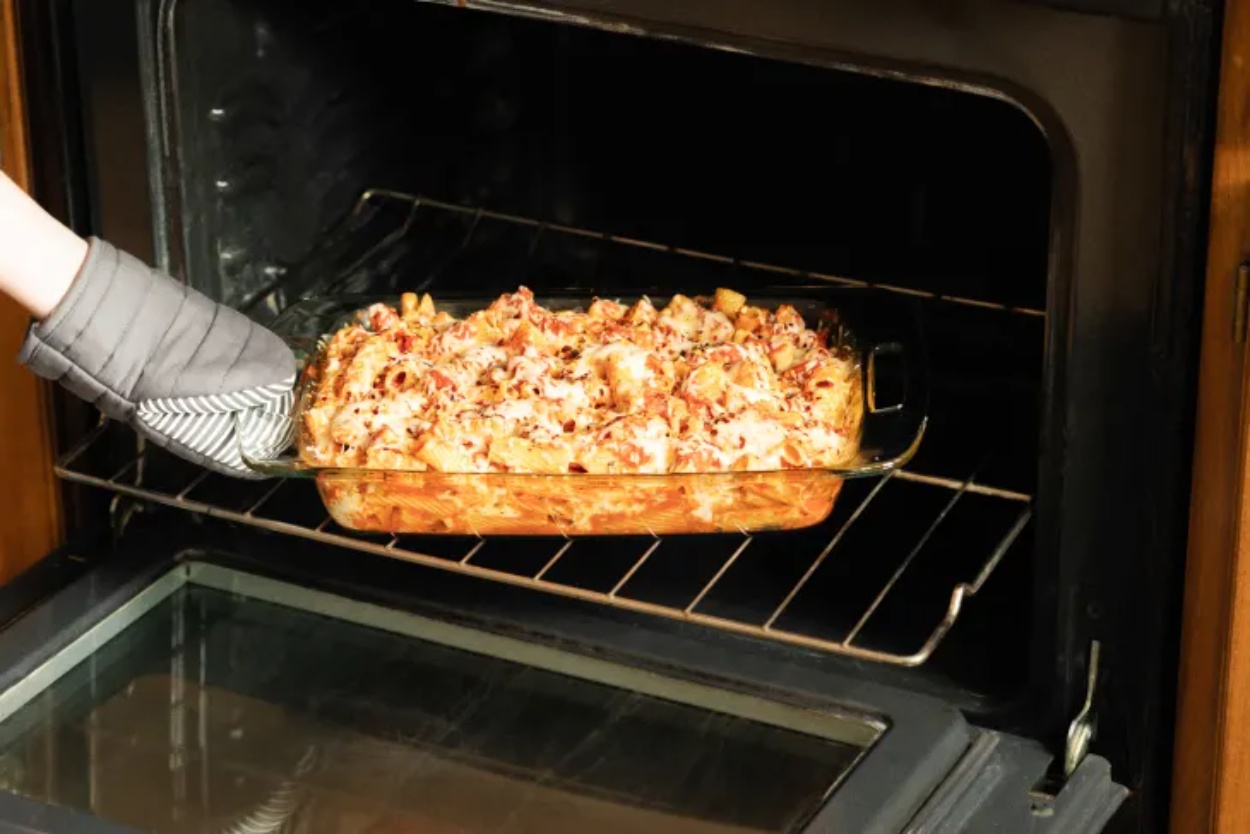
Can You Put Glass In The Oven?
We’ll explore why choosing the right type of glass, particularly from a reliable China glassware factory, is so important, especially if you’re looking for custom glass food storage containers or even a glass lunch box factory.
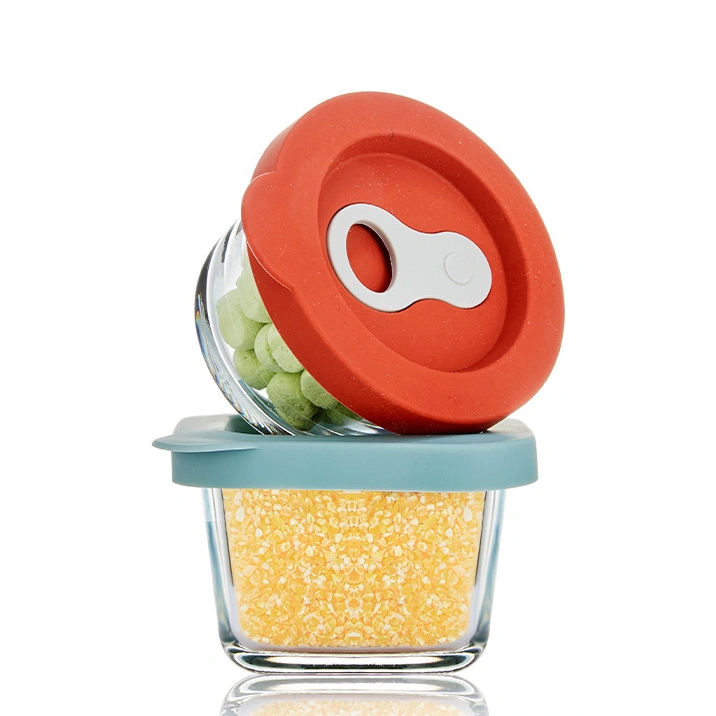
What To Do With Small Glass Containers?
From baby food meal prep, storing leftovers to organizing your craft supplies, small glass containers are super handy!

